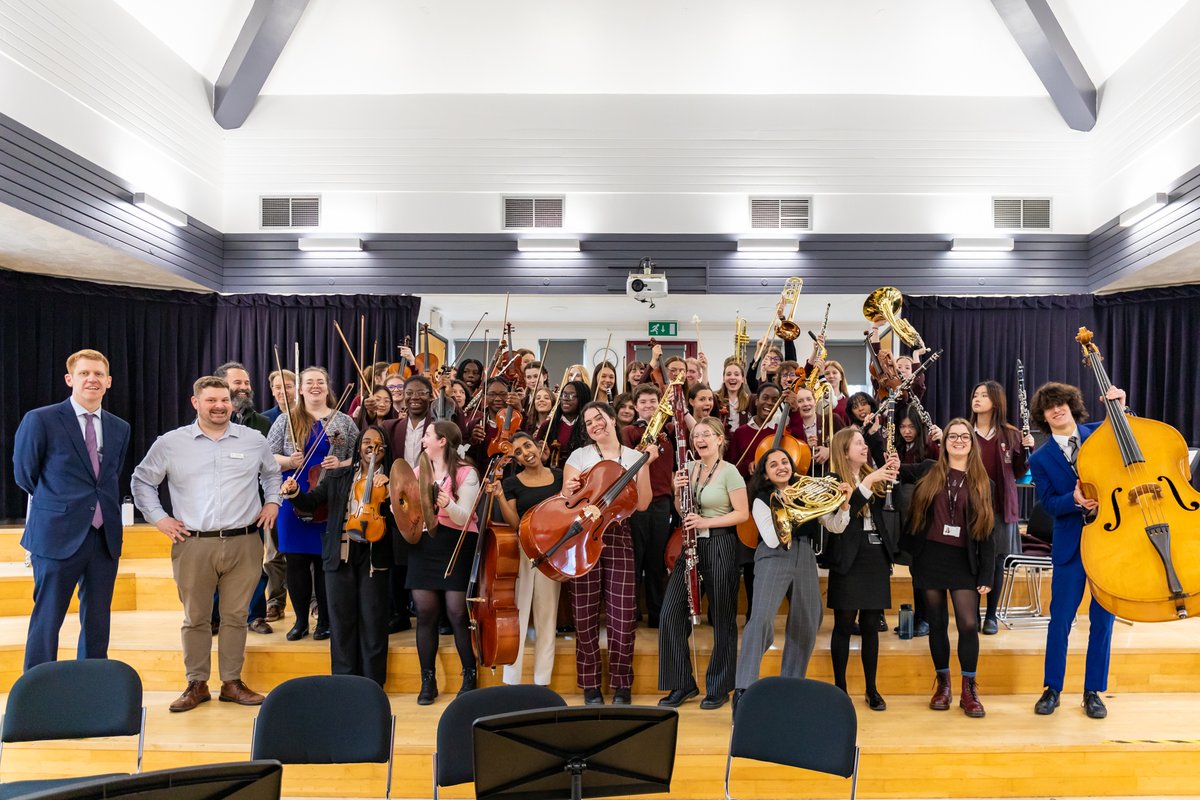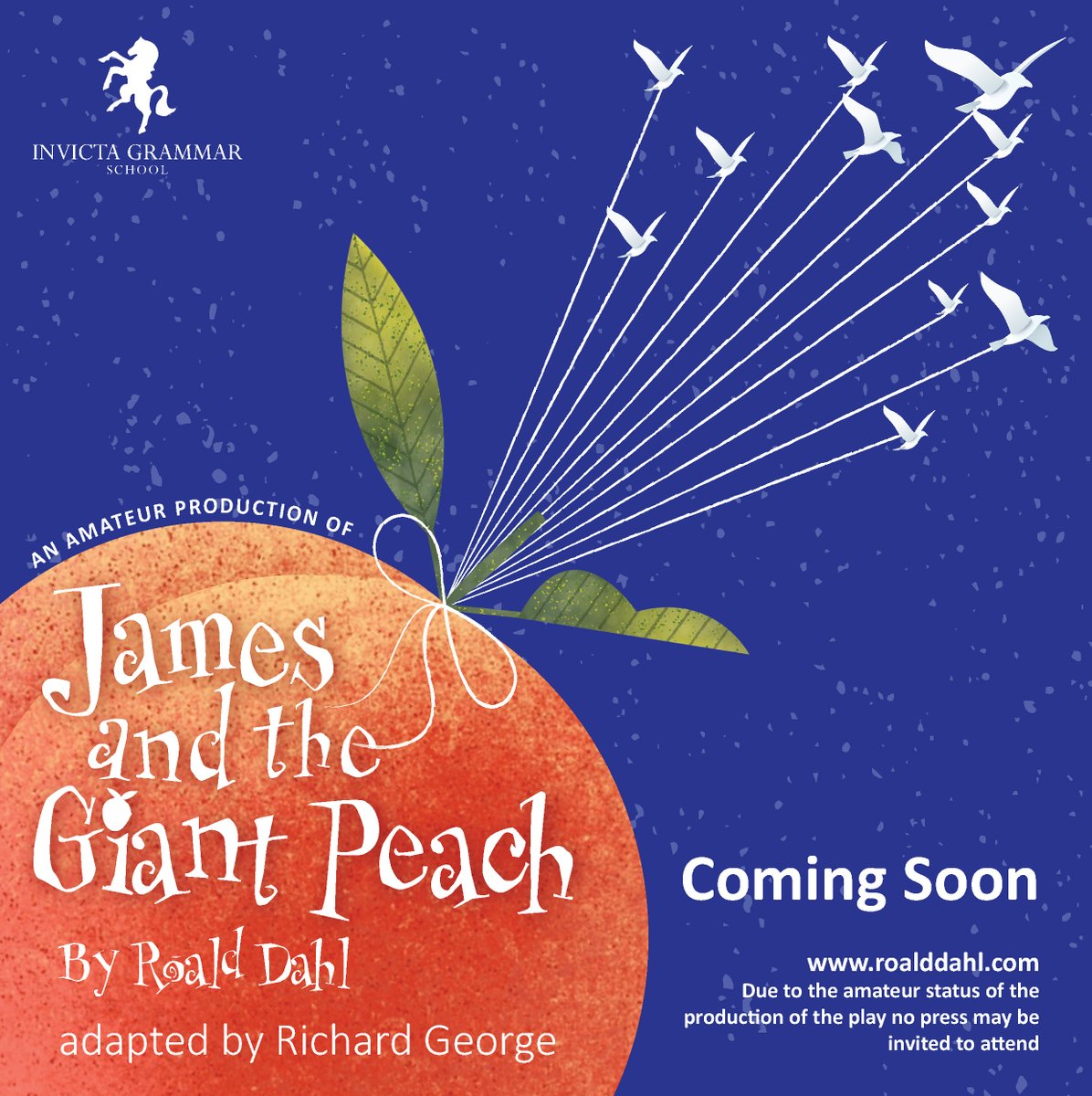Latest News
Women in Leadership Profiles
Name: Rhiana Spring
Role: Co-CEO and Legal Officer
Company: Kona Group and African Union (Department of Peace and Security)
A bit about Rhiana Spring:
Rhiana is an award-winning international human rights expert and entrepreneur. She has worked for the United Nations, the Ministry of Foreign Affairs, and diverse NGOs and legal teams, where Rhiana has advocated for women's rights and spearheaded multinational human rights projects across Africa, South America, Asia, and Europe.
She has trained governments across West Africa on human rights; helped defend survivors of domestic violence in the courts of Argentina; and challenged gender inequalities in businesses in the Philippines. She has been part of teams monitoring and protecting human rights across 18 countries. Aged 17, Rhiana founded the IT business “IT Works” after having taught herself to programme, and in 2018, she founded the Spring Project, assisting refugees in West Africa in launching their own projects to sustainably provide for themselves and their families.
Today, Rhiana wears two hats: On one hand, Rhiana is the co-founder and co-CEO of the Kona Group, whose teams combine tech and human rights to empower individuals to create lasting societal change. On the other hand, Rhiana is a Legal Officer at the African Union’s Peace and Security Department, based in Addis Ababa, Ethiopia.
What is it like working in your company?
Kona Group
Working for the Kona Group is exhilarating. No day is like another and everything moves at a very fast pace. The Kona Group entails 3 separate ventures:
1. The NGO Kona Connect combining human rights and Artificial Intelligence (AI) to create tools to empower people in vulnerable situations; such as survivors of domestic violence.
2. The company Kona Tech, with which we develop apps and other tech to aid individuals support societal justice and change.
3. The project “Leaders’ Lounge”, with which we provide a mentoring platform via interviews with current leaders, where they share their wisdom and experiences to guide women on their career paths. Through this, we also ensure the much needed documentation of women leaders, and their journeys and experiences in shaping our world.
Working on these different projects is exciting and ever-changing. We have a team that spans many cultures stimulating interesting discussions and ideas that emerge from our daily interactions. It is powerful, exciting, and creative. We are at the forefront of designing tools that will help individuals create societal justice for all.
African Union
While my work at Kona Group is extremely fast paced and hands on, my work at the African Union is more strategic and detail-orientated. Our team develops the international law and human rights framework, which guides the African Union’s military operations throughout Africa. My work entails the preparation of legal documents and guidelines ensuring the safeguarding of human rights and international law during the diverse military operations. These documents are formulated by close team collaboration, everyone brings their expertise to ensure these documents include all important procedures and information needed to be effective. My work for the African Union is very technical and intellectual, with many hours spent writing and editing, as well as debating which aspects and words are important.
Why did you decide to go into your chosen field?
I recognised at an early age that I am extremely privileged to have been born into a loving family, in a stable country, with the means that allowed me to pursue my dreams. I wanted to use this privilege to help others, especially those who are less fortunate than myself. My passion for human rights pushes me to fight for a world that is free from large-scale suffering and abuse, and give a voice to the people who otherwise may go unheard. It is a tough job but an extremely rewarding one
What qualifications and work experience did you need to reach your current position?
Kona Group
To start your own company, there are no formal requirements regarding qualification or work experience. You need a lot of drive and dedication. General life and work experience help a great deal as well.
African Union
I needed an advanced degree (master’s degree) in law and five years of work experience.
What do you enjoy the most about your job?
Kona Group
I love that at Kona no day is like the other. I learn something new every single day and see the results of my work almost immediately. I also enjoy the freedom and creativity to decide the direction of the start-up and how we will pursue our vision.
African Union
I really enjoy being part of a team that creates central legal documents for such a large organisation like the African Union (including all 55 African countries), which potentially help safeguard the human rights of millions of individuals across the entire continent.
What obstacles have you overcome in your career?
Start Up career:
The right co-founder for your project or idea is a challenge and can be an obstacle in setting up a company effectively. The right co-founder is an essential component of a successful start-up and an important support for general well-being work-life balance.
Another obstacle is finding funding. My advice here is to start looking almost immediately when you start the company. We are only now looking for funding, after having worked incredibly hard for an entire year on nothing but passion.
Legal and human rights career:
The biggest obstacle in my legal career was that I did a B.A. in Law and International Relations instead of a qualifying law degree (LL.B.). I always knew I wanted to practice human rights law and therefore opted out from other law subjects during my undergraduate degree. As a consequence, I had to go back to school to take those courses I had opted out of. My advice: Ask someone in your field for advice on which subjects to take.
As my career progressed, I faced obstacles such as not being taken seriously because of my age and also the vicious cycle of my industry requiring work experience, even for an entry-level job. My advice is to look for work experience as soon as possible. It can, for example, be volunteering or starting a small project of your own. Last but not least, there is the obstacle of competitiveness in my career field. I have applied for over 100 jobs and been rejected from about 95 of them. What made me a winner in the end, is that I never gave up. Every path has obstacles and learning curves. Each obstacle teaches something new and presents an opportunity to grow both professionally and personally. I would not be where I am today, if I wouldn’t have had to face these many obstacles on my way. They made me much stronger.
One of the first obstacles:
One big obstacle I had to overcome early in life was being bullied throughout my entire school years. If you experience bullying, I want you to know that you are stronger than you think. Being bullied is a really horrible struggle. Know that bullies are cowards, though it doesn’t always look that way, they are jealous or threatened by your abilities. It was awful for me but I survived and now live a really happy and successful life with jobs that I love and I am surrounded by many truly wonderful friends. The bullies on the other hand? Nobody cares about them anymore. They have no power once they leave school. So keep your head up high and know your inner strength. What makes you different now, will make you special in the bigger world tomorrow. Never stop believing in yourself and surround yourself by people who know and remind you of how amazing you are.
Why do you think it is important to have a strong female representation in your industry?
Strong and equitable representation by all genders and ethnicities is the cornerstone of success in any industry. It is of paramount importance to include all perspectives. Think about it like this: If you don’t include women (who make up 50% of our human race) you’re missing 50% of the perspective. If an industry isn’t actively encouraging women to join their teams, then they are missing out on the talents, abilities, and knowledge of half the population. It is important to have these representations, as every perspective brings something new to the projects and sparks creativity and innovation. Ultimately this helps companies to be aware of emerging opportunities. Most importantly, it encourages companies to challenge gender stereotypes, harmful for all genders.
Time and again it has been shown that diverse teams make companies more profitable and successful. It’s a win for everyone.
What advice would you give those wanting to take a similar career path?
1. You don’t have to do it all on your own
I wish I had sought professional career help earlier on. Following my work for the UN, a career coach assisted me in rewriting my CV and motivation letter, and from then onwards, I was interviewed for nearly every job I applied for. It is so important to know the industry you’re applying to and knowing what they are looking for. You don’t need to know or do this all on your own. Make sure you get help from a mentor and professionals in your field as soon as possible.
2. Plan and Visualise
Taking time to plan and visualise which job and career path you want to take can work wonders. Especially in a competitive industry like law and human rights it is absolutely essential to plan ahead. A great help for me was to sit down every few weeks with a friend to discuss what we wanted to achieve and where we wanted to go in our careers. I would strongly recommend, to look at the description of a job you wish to have after university. Note exactly what they are looking for and make sure you take steps towards learning those skills. It’s never too early to start.
3. Be courageous and persevere
Law, especially human rights law, is one of the most competitive fields. You will need courage and perseverance. Don’t be disheartened if you don’t get the job immediately, let go and learn how you can improve and try again. It’s not about how many times you fall down, it’s about how many times you get back up
4. Take every opportunity as an opportunity to learn
I speak from experience when I tell you that you can learn something from every single person and situation you encounter in your life. Your time at university provides you with a lot of opportunities to learn many different skills, join different clubs, and gain work experience. University is about the incredible wealth of knowledge you get to dive into and equally about the interesting people you meet. Make sure you work very hard to get the impressive grades and then work hard to make those grades the least impressive thing about you.
5. Believe in your capabilities and work hard
If you don’t believe in your own capabilities and value, you cannot expect others to believe in them. Always remember that you bring something special to this world, now you need to get out there and work hard to ensure people see that too!
“Never doubt that a small group of thoughtful, committed citizens can change the world; indeed it’s the only thing that ever has.”
– Margaret Mead


























